Of course there is always things we can do to decrease our chances...
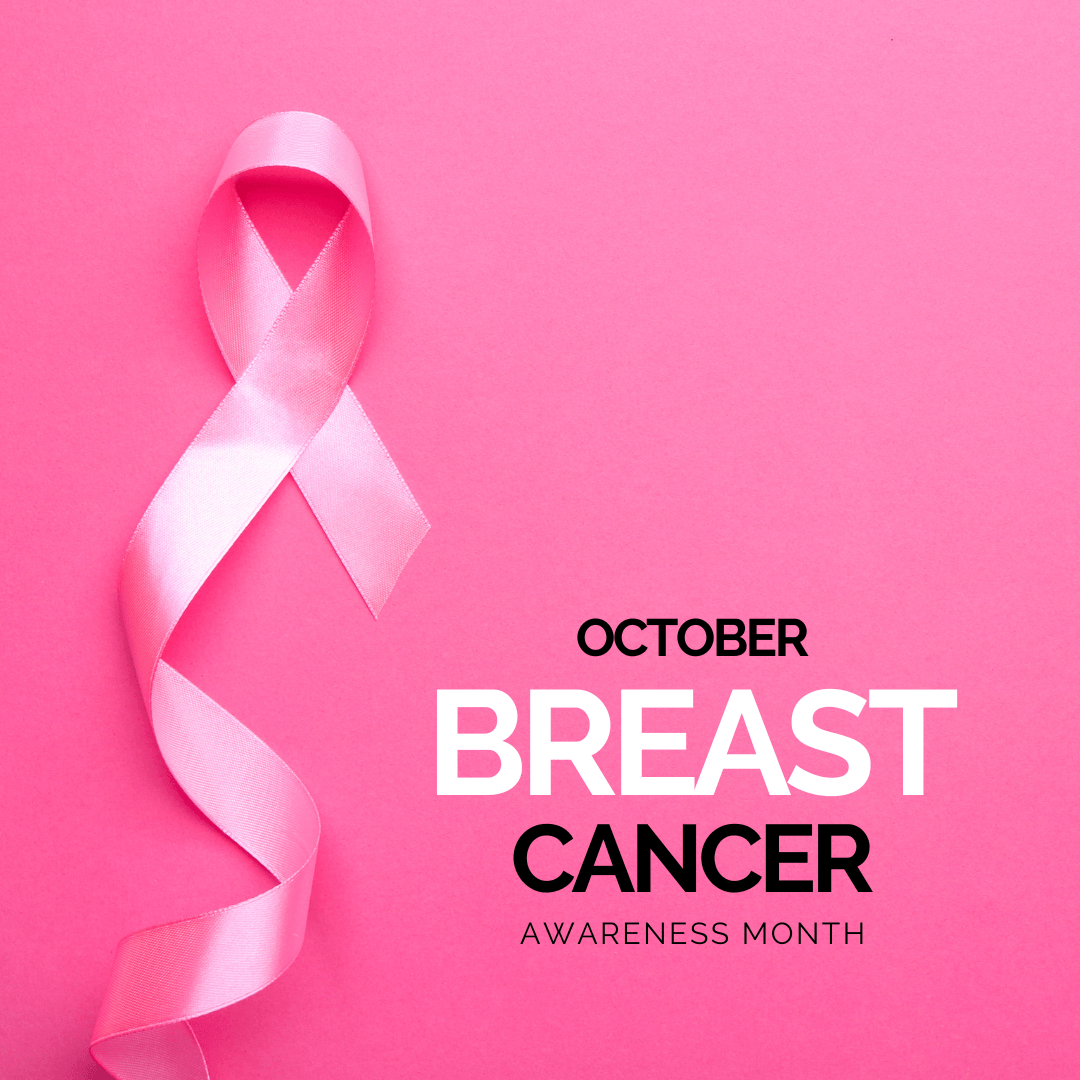
Fall is in the air, the leaves are changing colors, vegetable gardens are being put to bed, and October is breast cancer awareness month. It seems like such a long time ago that everywhere you looked, there was bright pink, from clothing on athletes to packaging of everyday products. The history of the pink ribbon is fascinating as it started in the early 1990s with a "peachy" colored ribbon as a statement for the lack of funding for breast cancer prevention, and it evolved from there.
Thirty years later, I'm discussing some prevention strategies that can be utilized in lifestyle modification. In reviewing my article on this subject from last October, the focus was on dietary supplements that can help with prevention, which I will briefly mention.
The reason for discussing prevention, which was needed in the early 1990s, is that there are about 300,000 new cases of breast cancer diagnosed each year in the US. That's a lot of cancer, making prevention a hot topic. Most of you can say you know a family member or friend with breast cancer. The reason is that the prevalence in the United States significantly affects about 1 in 8 or 13% of our female population. Breast cancer also has one of the highest cancer-related deaths among women.
There are many challenges with treating breast cancer. Still, some hurdles that make treatment more difficult are cancer resistance to drug therapy, drug therapies causing side effects, and probably the most significant concern, the cost of treatment. As you can see by the list, doing everything we can to prevent breast cancer and any illness is the best option.
A recent review from the London Breast Institute examined the data from 104 published studies on breast cancer and nutrients. The study's findings suggested that the following four vitamins protect against breast cancer, and they do that by inhibiting the growth, invasion, and metastasis of breast cancer cells. The nutrients are vitamin D3, Vitamin B6, Vitamin B9(folate), and Vitamin A.
If your diet is not where you want it to be, you need to consider a quality multivitamin supplement to fill in the gaps and stack the deck in your favor. Consider additional testing for all the vitamins listed. Optimizing your levels is a way to reduce your risk in the fight against breast cancer.
Lifestyle choices play a significant role in influencing breast cancer risk. Adopting the Mediterranean diet and reducing alcohol consumption can significantly reduce the risk of breast cancer.
Additionally, we will discuss the link between obesity and breast cancer, highlighting its importance in understanding and mitigating this risk.
The Mediterranean diet is a traditional eating pattern inspired by the dietary habits of countries bordering the Mediterranean Sea, such as Greece, Italy, and Spain. It has gained widespread attention for its numerous health benefits, including its potential to reduce the risk of breast cancer.
A cornerstone of the Mediterranean diet is a high consumption of fruits and vegetables. These foods are rich in antioxidants, vitamins, and minerals, which help protect cells from damage and reduce cancer risk. The phytochemicals found in these plant-based foods have been associated with lower breast cancer risk.
The Mediterranean diet is known for its emphasis on healthy fats, particularly olive oil. Olive oil is a source of monounsaturated fats and antioxidants with anti-inflammatory properties and may reduce breast cancer risk.
This diet encourages the consumption of fish, a source of omega-3 fatty acids linked to a reduced risk of breast cancer. Additionally, lean proteins like poultry and legumes provide essential nutrients without the saturated fats found in red meat.
Whole grains are a significant component of the Mediterranean diet, providing fiber and a wide range of nutrients. Their consumption has been associated with a lower risk of breast cancer.
The Mediterranean diet promotes minimal intake of processed foods, often high in sugar, unhealthy fats, and additives that can contribute to obesity and increase the risk of breast cancer.
Alcohol consumption is a modifiable lifestyle factor that substantially influences breast cancer risk. While moderate alcohol consumption has been linked to certain health benefits, such as cardiovascular protection, excessive or regular drinking can significantly increase the risk of breast cancer.
The relationship between alcohol and breast cancer is well-established. Alcohol contains ethanol, which can be metabolized into acetaldehyde, a carcinogen that can damage DNA and increase cancer risk. Even low to moderate alcohol intake can contribute to breast cancer development.
Alcohol can disrupt hormonal balance, increasing the levels of estrogen and other hormones associated with breast cancer. This hormonal influence is particularly relevant for postmenopausal women, as estrogen plays a critical role in breast cancer development.
The risk of breast cancer increases with the amount of alcohol consumed. To reduce risk, it is advisable to limit alcohol consumption or, even better, avoid it altogether.
Obesity is a multifaceted health issue contributing to various chronic diseases, including breast cancer. The link between obesity and breast cancer risk is complex, with several mechanisms at play.
Excess body fat can lead to hormonal imbalances, including elevated estrogen levels. This hormonal disruption is associated with an increased risk of breast cancer, especially in postmenopausal women.
Obesity is characterized by chronic inflammation, which can promote the development and progression of cancer cells. Inflammatory substances produced by adipose tissue can affect nearby breast tissue.
Obesity is often accompanied by insulin resistance, a condition where the body's cells do not respond effectively to insulin. Elevated insulin levels can promote cell growth and increase the risk of breast cancer.
Breast cancer remains a significant health concern for women worldwide. While genetics and other non-modifiable factors play a role in its development, lifestyle modifications can substantially reduce the risk of breast cancer. Embracing the Mediterranean diet, limiting alcohol consumption, and addressing obesity are decisive steps individuals can take to protect themselves from this devastating disease. By making informed choices and prioritizing a healthy lifestyle, women can enhance their overall well-being and significantly reduce their breast cancer risk.
Please call the pharmacy @ 701-483-4858 or stop in to visit with my staff about solutions for your cancer concerns. Please visit my website at www.irsfeldpharmacy.com to find this and other archived articles in the blog section. Until next time, be vigilant about your health!!
VISIT US
HOURS
HOURS
CONTACT US
Fax #: (701) 483-4926



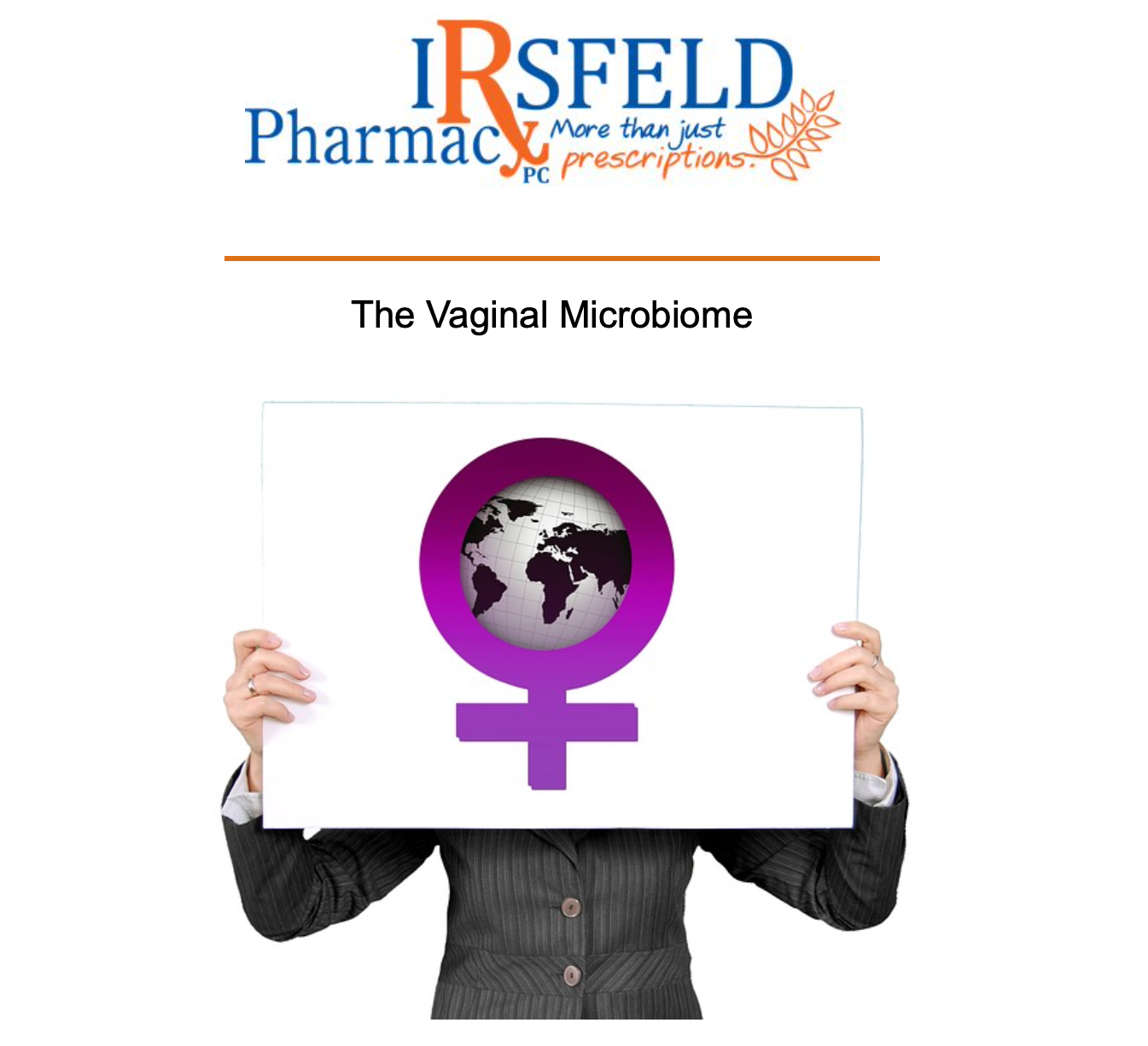
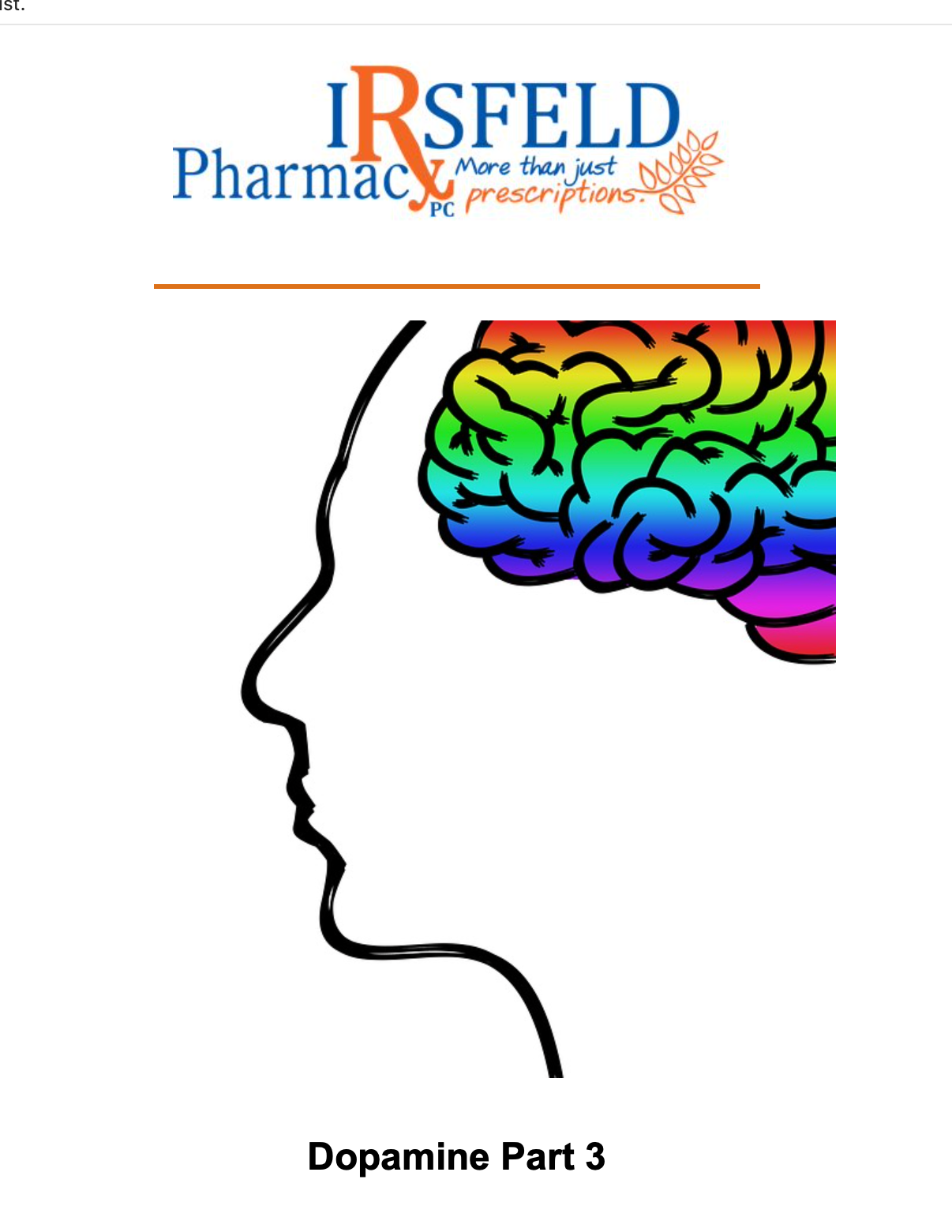

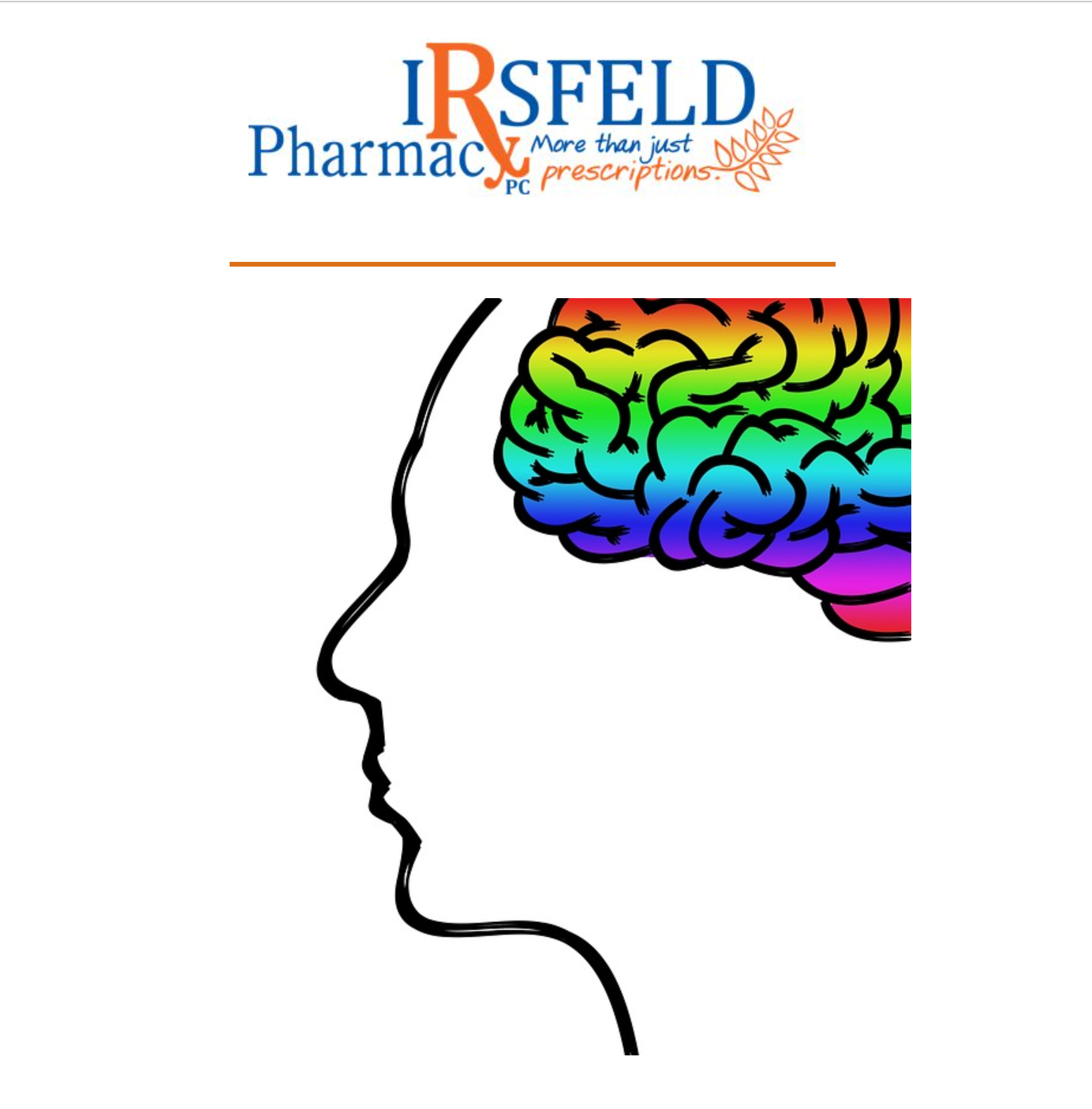
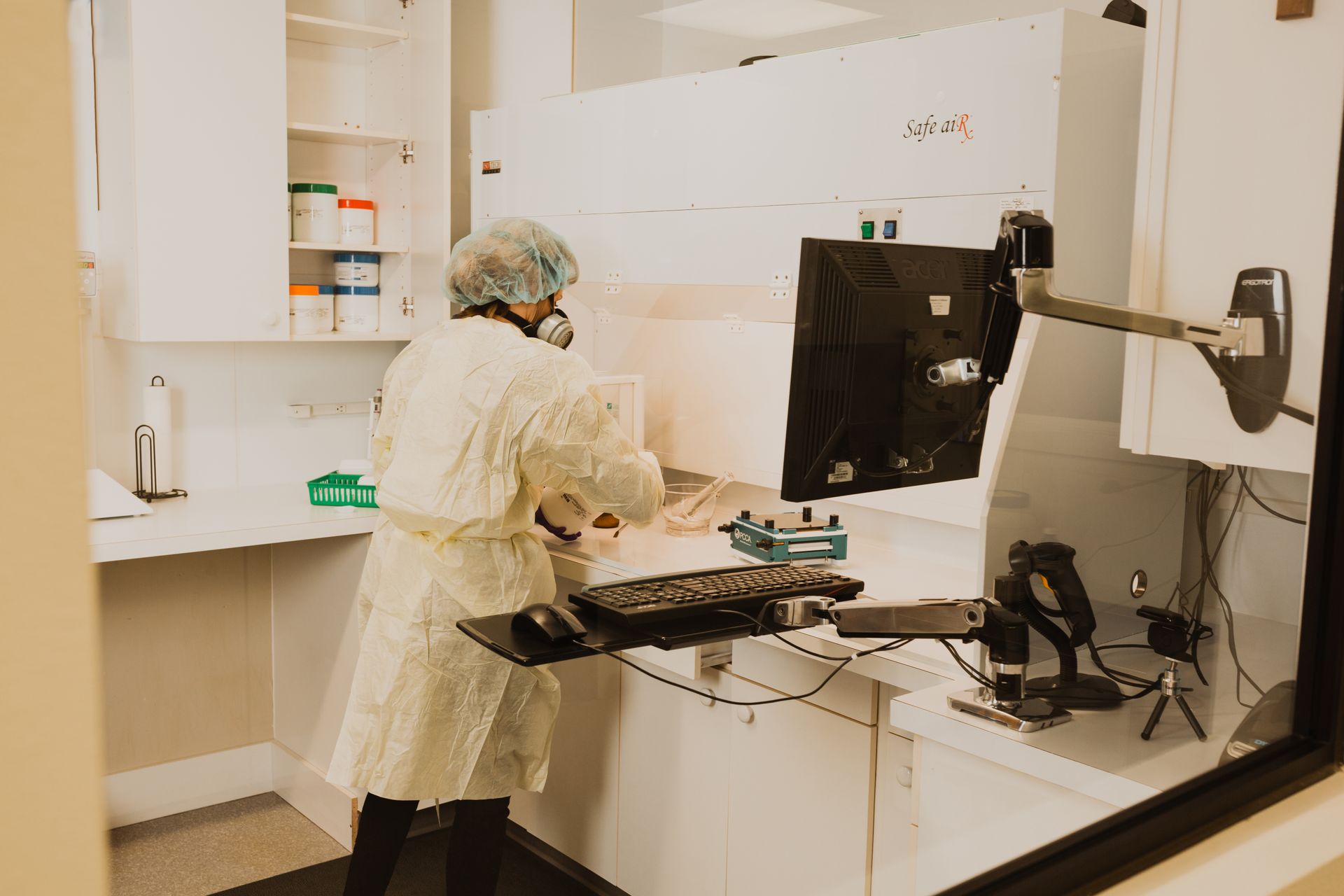


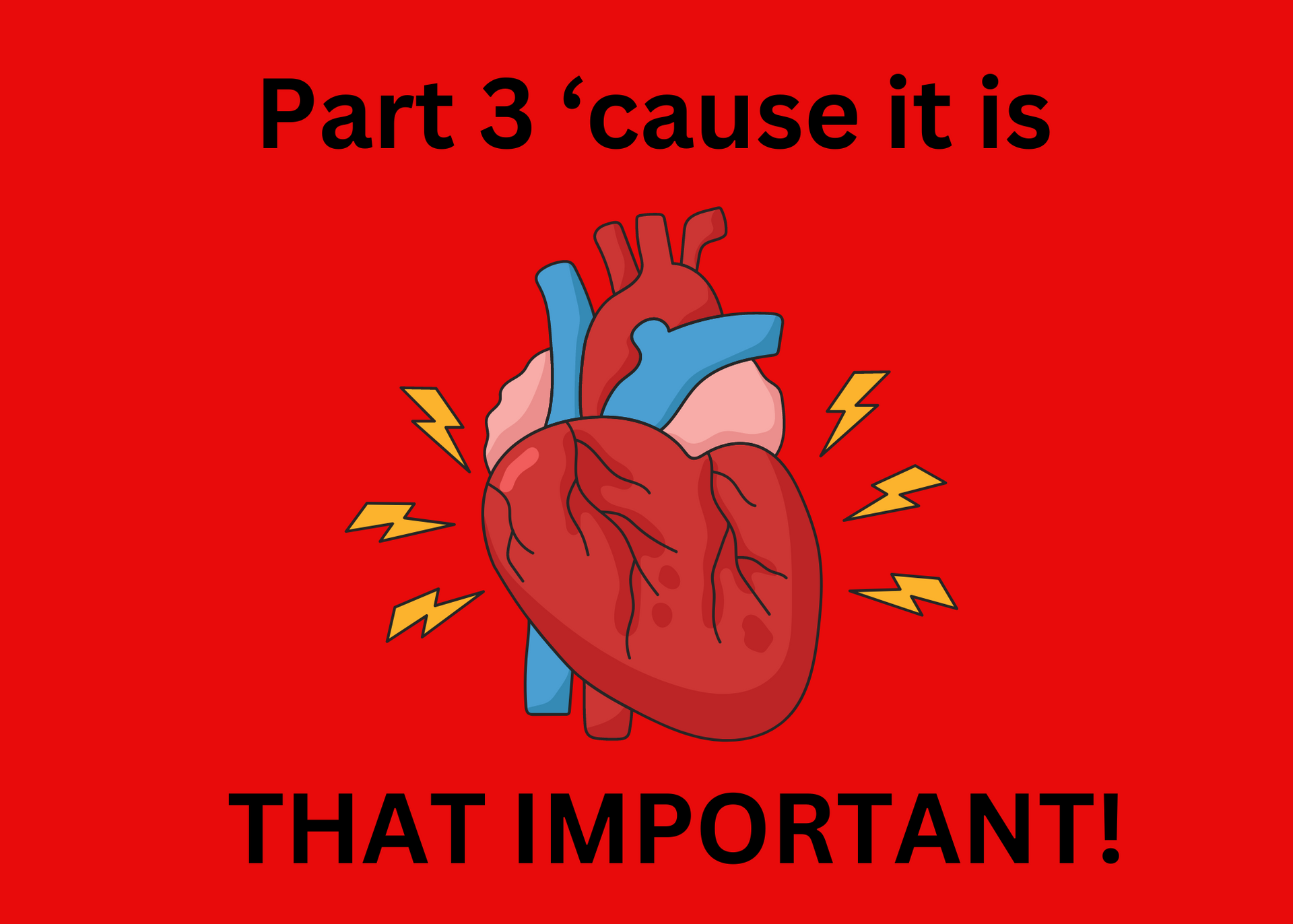
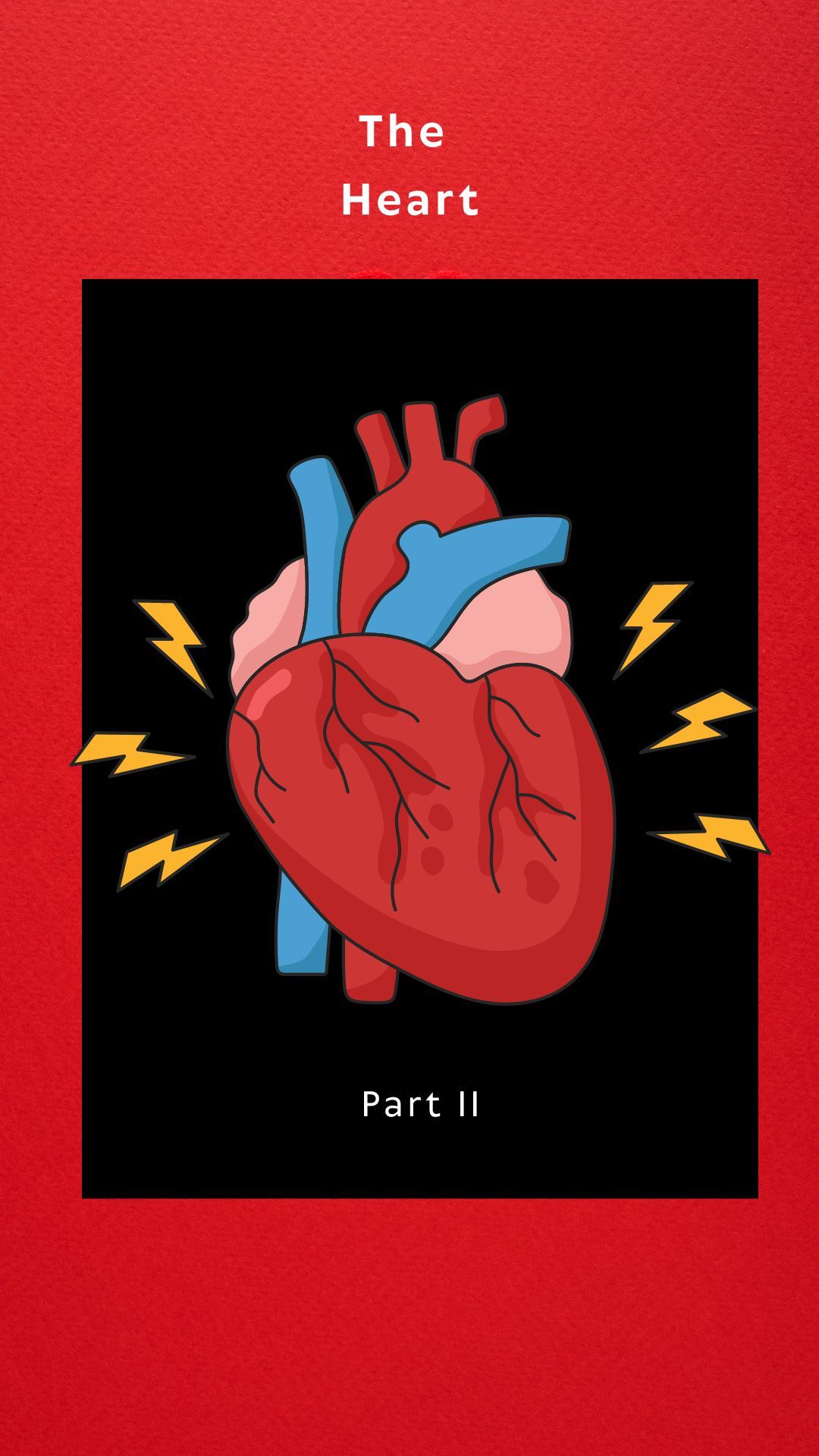
Share On: